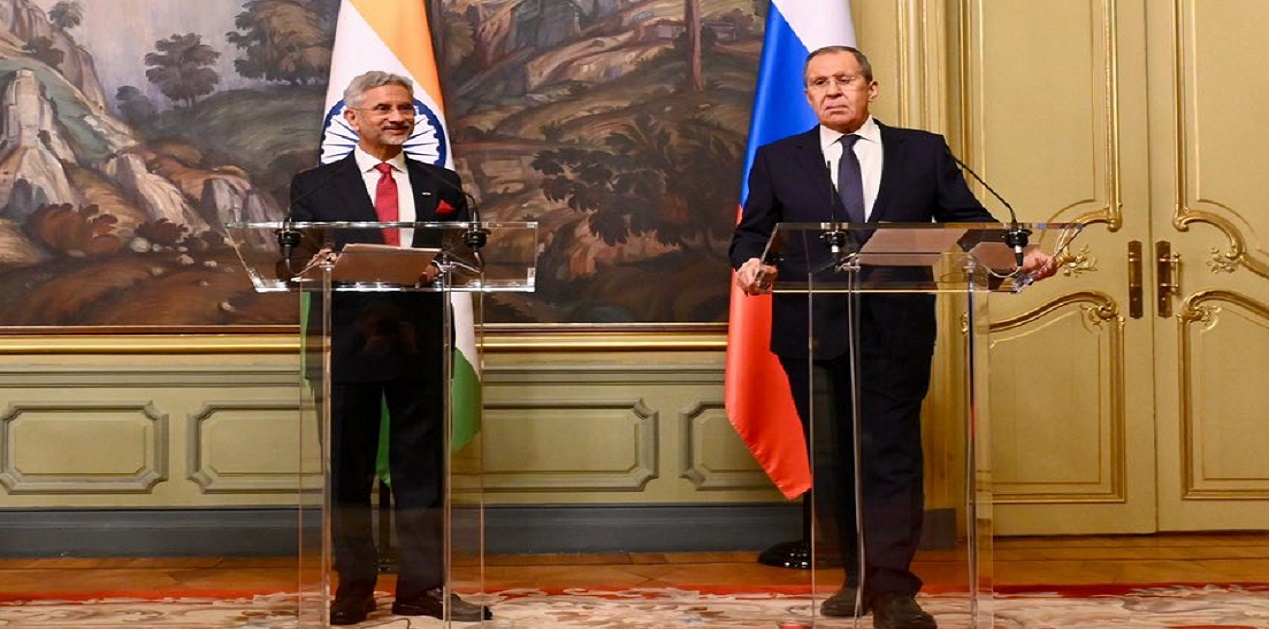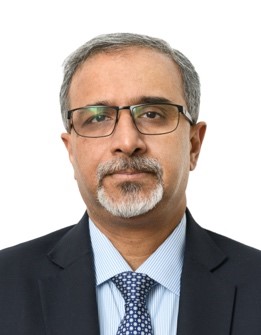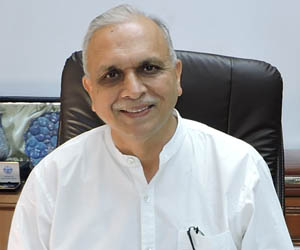The year 2023 ended on high note for India-Russia relations with the successful visit of External Affairs Minister Dr S. Jaishankar. The five-day visit to Moscow and St Petersburg was significant for numerous reasons for both sides and also contained important signals for the world community. The overall message was the resilience and inherent stability of the special and privileged strategic partnership which characterizes the long-standing friendly relations between India and Russia.
EAM met his counter-part Russian Foreign Minister Sergei Lavrov and his Joint Commission counter-part Deputy Prime Minister Denis Manturov. Between these two meetings the full gamut of issues- bilateral - political, economic, defence, energy, nuclear and space relations as well regional and international issues were discussed in detail. The highlight of the visit was the call on President Putin by the EAM during which a message from Prime Minister Modi was handed over to the Russian President. EAM’s programme included interaction with prominent Russian think tanks, Indologists in St Petersburg, and the Indian Community resident in Moscow. It is after a while that an Indian Minister has spent more than a night’s halt in Russia. It is also seldom that President Putin receives visiting Foreign Ministers in the Kremlin.
The visit of EAM came against the background of a turbulent international situation that has had far-reaching implications for international peace and security. The Russia- Ukraine conflict is now in its second year and has reached a new phase. It was therefore, important for India to get a first-hand assessment of the Russian approach including on its vision of restoring peace and giving diplomacy a chance. In his public comments President Putin made a reference to India’s interest in peace and diplomacy. It may be recalled that Prime Minister Modi had conveyed to President Putin that this was not an era of war. Russia has been sensitive to Indian positions including supporting the G20 Delhi declaration which succeeded in finding consensus language acceptable to all the members. The declaration included the reference made by PM Modi earlier at the Samarkand meeting with President Putin.
India- Russia discussions also covered other international situations including the Middle East crisis between Israel and the Palestinians in Gaza. Both countries have considerable influence in the region. The current state of big power relations- with the US and China also figured in the discussions. Russia thanked India for successfully hosting the G20 summit and India assured its full support for the success of the BRICS summit to be hosted by Russia in Kazan later in the year. Both sides see multipolarity as a goal worthy of their support and cooperation. India has stated that with regard to its engagement with Quad and IMEC a certain rebalancing is necessary for promoting multipolarity. Rusia has traditionally supported India’s membership of the UNSC as a permanent member in a reformed and expanded council. Russia’s relations with China has been a matter of some concern for India in the context of Chinese increased assertiveness in the region. Both Foreign Ministries agreed on a new schedule of foreign office consultations on various subjects.
The visit of EAM also gave an opportunity for both sides to review their bilateral economic and trade relations. This year bilateral trade has increased to record levels to about 50 billion USD largely on account of the rise in Indian imports of Russian crude, whereby Russia is now the top energy supplier to India. While this trend has boosted bilateral trade, it is also dependent largely on discounted prices that Russia has offered and hence its long-term sustainability is a question that needs to be kept in mind. However, it is now clear that Russia will continue to a long-term partner despite other hindering factors such as US sanctions, which show no sign of weakening. This aspect is also relevant to the bilateral defence relationship wherein India has a long-term interest in Russian origin defence spares and supplies. Russia is showing stronger interest in Make- in-India defence manufacture. The bilateral banking channels are also not able to function to their full potential due to the shadow of US and EU sanctions thus limiting non-crude bilateral trade to only 3 billion USD. India is also interested in long term supply of fertilizers, coking coal and Russian investments in India while Indian manpower exports can contribute to the Russian economy. Regional cooperation, including with the Russian Far East and connectivity projects such as INSTC and EMC hold great promise. The Kudankulam NPP is progressing well and remains the only example of foreign participation of contributing to India’s civil nuclear power programme which has great significance for climate change mitigation objectives.
One of the unique features of India- Russia relations has been the practice of annual bilateral summits. President Putin last visited India in December 2021. During meeting with EAM President Putin repeated his invitation to his ‘friend’ PM Modi to visit Russia. This will be of high significance in imparting a new momentum to the relationship and giving it a direction for the coming decade. EAM’s visit can be seen as laying the groundwork for that summit. Despite major international changes it is clear that both countries are drawn together due to strong strategic convergences, their respective geopolitical interests and a bilateral relationship that has huge potential. There is a strong public sentiment in favour of these relations but these need to be further buttressed with new forward-looking drivers relevant for this century. This should include greater interaction at the people-to-people level- business, scientists, artists, sportsmen and women and the youth of both countries.
India and Russia are civilizational states and can contribute together to a new vision of international relations outside the Anglo-Saxon bubble that tend to dominate discourse globally. It is with this objective in mind that VIF plans to host a group of top Russian experts coordinated by the Valdai club in early January in Delhi. Building multipolarity is a multifaceted exercise – but its most important facet is at the intellectual level- of shaping new concepts and ideas that will reflect more fully what India and Russia stand for as separate countries but also what they contribute together for a fairer and more equitable international system.
(The paper is the author’s individual scholastic articulation. The author certifies that the article/paper is original in content, unpublished and it has not been submitted for publication/web upload elsewhere, and that the facts and figures quoted are duly referenced, as needed, and are believed to be correct). (The paper does not necessarily represent the organisational stance... More >>
Image Source: https://twitter.com/DrSJaishankar/status/1740000058618024124/photo/2












Post new comment